Kittens are undoubtedly adorable, and as pet owners, we eagerly look forward to the time when they transition from nursing to solid food. This is a crucial phase known as weaning. However, you might find yourself facing a common dilemma – your kittens not showing much interest in weaning.
So, why are your kittens not interested in weaning? Your kitten might feel it’s not the right time, or it could be uncertain about the changes involved in the weaning process. Understanding these factors can help you approach weaning with patience and the right approach.
Continue reading to uncover the secrets to coaxing even the most stubborn kittens into embracing weaning. You will also learn how to identify signs of readiness in your kittens and explore effective methods to ease their transition to solid food.
Why Are My Kittens Not Interested In Weaning? 3 Major Reasons
Weaning is a natural process in the development of your kitten. That is why the mother cat naturally helps wean her kittens when the time is right. However, there are circumstances when your kitten will lack interest in the weaning process. This lack of interest can be due to the following reasons.
1. It Feels That It Is Not the Right Time
Kittens, like any other creature, have instincts that guide their behavior. If your kitten doesn’t show interest in weaning, it could simply be because they feel it’s not the appropriate time to venture into solid food.
Mother cats normally decide when to introduce solid food to their offspring. If you have an orphaned kitten, it may still retain this instinct, and if they’re not ready, they might resist weaning.
When my cat, Muezza, was still a kitten, I tried weaning it to no avail. Worried that it might be a health issue, I took her to my friend (Rohan) who were studying in veterinary, who told me that Muezza probably did not feel it was the right time yet.
2. Personality And Behavior
Just like humans, kittens have unique personalities and traits. Kittens are naturally curious and adventurous. This makes them more open to trying new things, including solid food.
However, because of the individual uniqueness in personality and behavior, you may find that your kitten might be more cautious and hesitant. So, introducing something new to it will require a bit more time and patience for your kitten to embrace it.
3. Uncertainty
The weaning process involves changing your kitten’s diet and routine. This transition can create uncertainty and anxiety in some kittens, causing them to resist weaning. After all, cats are creatures of habit, and any disruption to their familiar routines can trigger hesitation and resistance.
What Age Should I Wean My Kittens?
You can start the weaning process as early as 4 weeks of age. However, if you have an orphaned kitten, you should begin weaning it around 3 weeks of age, as they won’t have their mother to provide milk.
The weaning process typically takes between 4 to 6 weeks; Muezza took about 5 weeks. During this time, you’ll gradually transition your kittens from their mother’s milk to solid food. Patience and consistency are key during this phase.
Remember that you should not force the weaning process on your kitten just because it is 4 weeks old. You should instead look for signs from your kitten that it is ready for weaning. When I took Muezza to my friend (Rohan), he told me to look out for the following signs.
- They’ll become mobile when ready: When your kitten is ready for weaning, it will start to explore its environment more actively and may even venture away from its mother.
- They can stand on their feet while holding up their tail: This indicates that your kitten’s motor skills are developing, which is crucial for the weaning process.
- Increased interest in solid food: When your kitten is ready to be weaned, it will show curiosity toward its mother’s food or any solid food you offer it. It will also lose interest in the bottle if you are bottle-feeding it.
What Happens If You Wean Your Kitten Too Late?
While it’s essential that you do not rush the weaning process, delaying it for too long can lead to various issues, including the following:
- Nutritional Deficiencies: Kitten food is specifically formulated to provide the essential nutrients a growing kitten needs. If you delay the weaning process, your kitten will not receive the necessary nutrients it requires on time, leading to nutritional deficiencies and health problems.
- Behavioral Disorders: Your kitten can easily develop a dependency on its mother if it continues feeding from its mother. If you delay your kitten’s weaning, it might develop anxiety later in life since you did not separate it from its mother sooner.
- Weak Immune System: A kitten’s immune system is still developing, and kitten food provides essential antibodies that boost their immunity. Delaying weaning for too long can leave the kitten vulnerable to infections and illnesses.
What Happens If You Wean Your Kitten Too Early?
Weaning your kitten too early can also have adverse effects on its health and behavior. These effects include the following.
- Malnutrition: Below 3 weeks, your kitten will not have developed the right digestive system to process solid food. If you try weaning it then your kitten might not get the necessary nutrients from solid food, leading to malnutrition and health issues.
- Digestive Problems: A premature transition to solid food can strain your kitten’s delicate digestive system, causing digestive upset, diarrhea, and discomfort.
- Stunted Growth: Insufficient nutrition from early weaning can hinder your kitten’s growth and development, resulting in stunted growth.
- Aggression: If you wean your kitten too early, it might not have learned proper socialization skills from its mother and littermates, which can lead to aggressive behavior as they mature.
Reference: Early weaning increases aggression and stereotypic behaviour in cats
- Anxiety: Early separation from your kitten’s mother and littermates prematurely can cause anxiety and stress.
How To Wean A Stubborn Kitten?
Weaning a stubborn kitten requires patience and gentle encouragement. Here’s a step-by-step guide to help you through the process:
Step 1: Isolate the stubborn kitten frequently from its mother
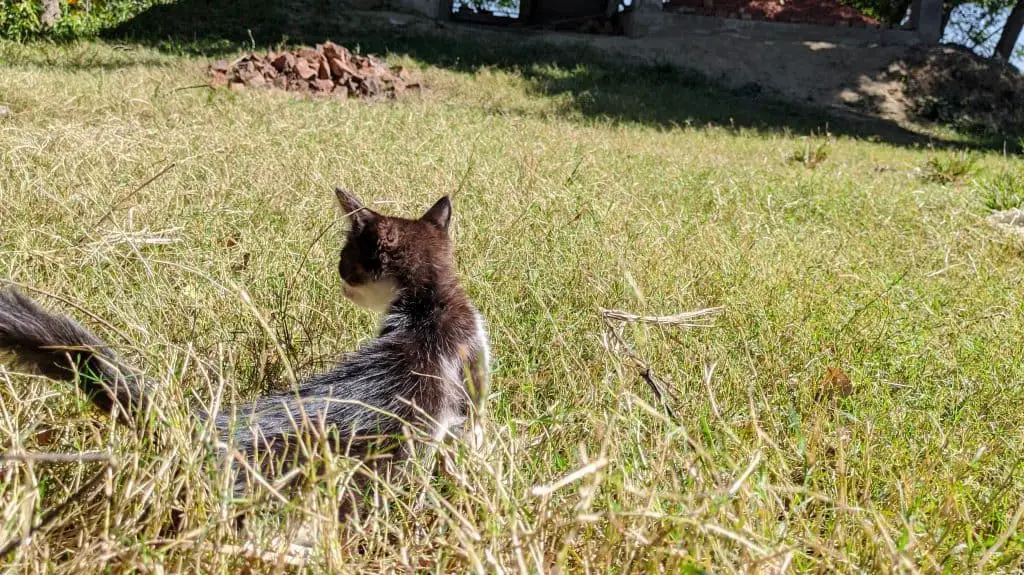
Encourage your kitten to explore and interact with its surroundings independently. This separation will help it outgrow its dependency on its mother, helping in raising its interest in solid food.
Gradually increase the time of separation from the mother to encourage independence. This separation really helped Muezza, as she started gaining interest in solid food almost two days later.
Step 2: Use the finger-feeding method
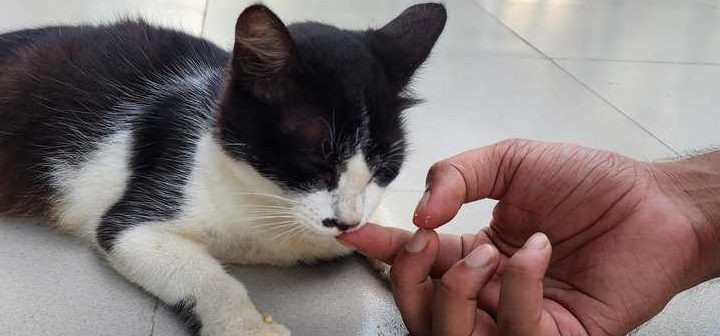
Offer your kitten a small amount of kitten formula or cat milk mixed with bits of solid food on your finger.
Be patient and let your kitten lick it off. Your finger has the same feeling for your kitten as that of its mother’s teats. This helps it associate the taste of food with the same feeling of getting milk from its mother.
Step 3: Add in decreasing moderation, cat milk/formula to its food
Mix a small amount of kitten formula or cat milk into the solid food you’re offering your kitten. As they eat the solid food, they’ll also get a taste of the milk, making the transition more appealing.
You can use food like raw meat if your kitten still refuses to eat the kitten food. The meat will awaken its native instincts as a carnivore. However, do this in moderation, as raw meat does not have the same nutrient component as kitten food.
Tips To Help You In The Weaning Process
Here are a couple of tips you should know when trying to wean your kitten.
- Avoid Using Cow Milk: Cow’s milk is not suitable for kittens, as it lacks the essential nutrients they need. Always use specialized cat milk or kitten formula during the weaning process.
- Ensure You Use Kitten Food: Kitten food is formulated to provide all the necessary nutrients for a growing kitten. Regular cat food may not have the right balance of nutrients required for your young kitten.
FAQs
Here are a few additional questions that you might be asking regarding the kitten’s less interest in weaning.
Q1: Should I completely stop nursing once the weaning process begins?
While you introduce solid food during the weaning process, it’s essential to allow the mother to continue nursing her kittens. The gradual transition to solid food ensures that the kittens receive adequate nutrition and don’t experience abrupt changes.
Q2: What if my kitten refuses to eat solid food during the weaning process?
If your kitten resists eating solid food, be patient and try different methods to entice them. You can try using a variety of textures and flavors to see what they prefer. If you have concerns, consult your veterinarian for advice.
Q3: Is it normal for kittens to play with their food during weaning?
Yes, it’s entirely normal for kittens to play with their food as they explore new textures and tastes. Playful behavior is part of their learning process, and it’s essential to encourage their curiosity and patience during mealtime.
Conclusion
In conclusion, understanding the reasons behind kittens not being interested in weaning is essential for providing them with the best care during this crucial phase of their development. By recognizing your kitten’s natural instinct, unique personality, and the uncertainties it may face, you can approach the weaning process with patience.
Remember, the weaning process is not a one-size-fits-all journey. Each kitten may have different readiness levels and preferences, so adapting your approach accordingly is key. Follow the tips above to ensure that you can navigate through weaning challenges and ensure a smooth transition to solid food for your adorable feline companion.

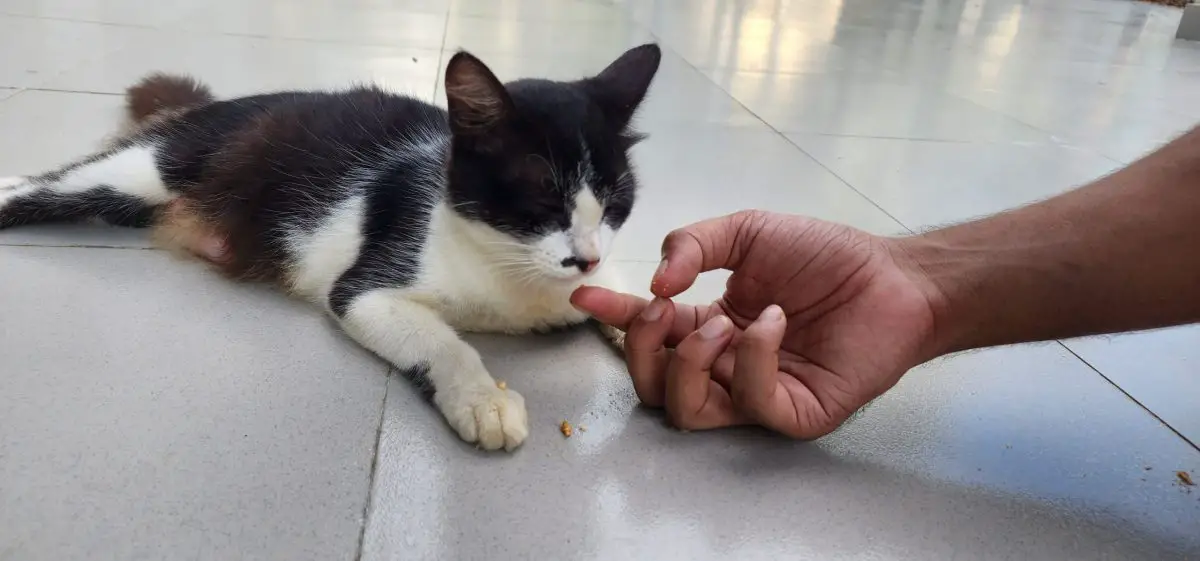
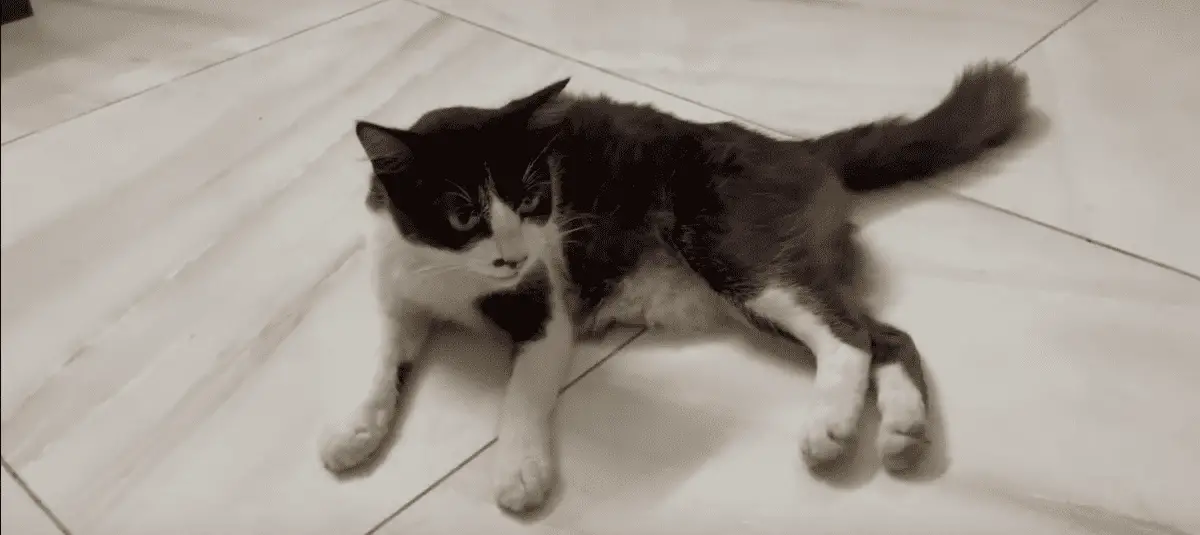
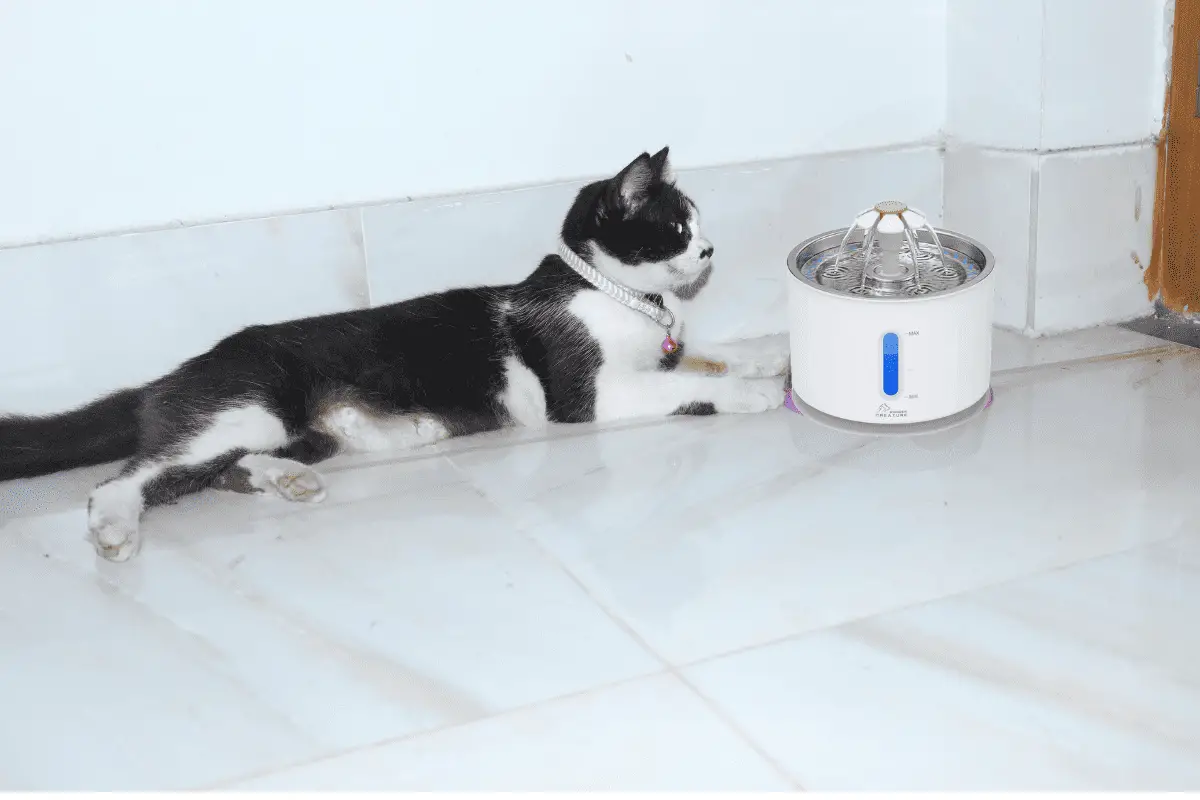
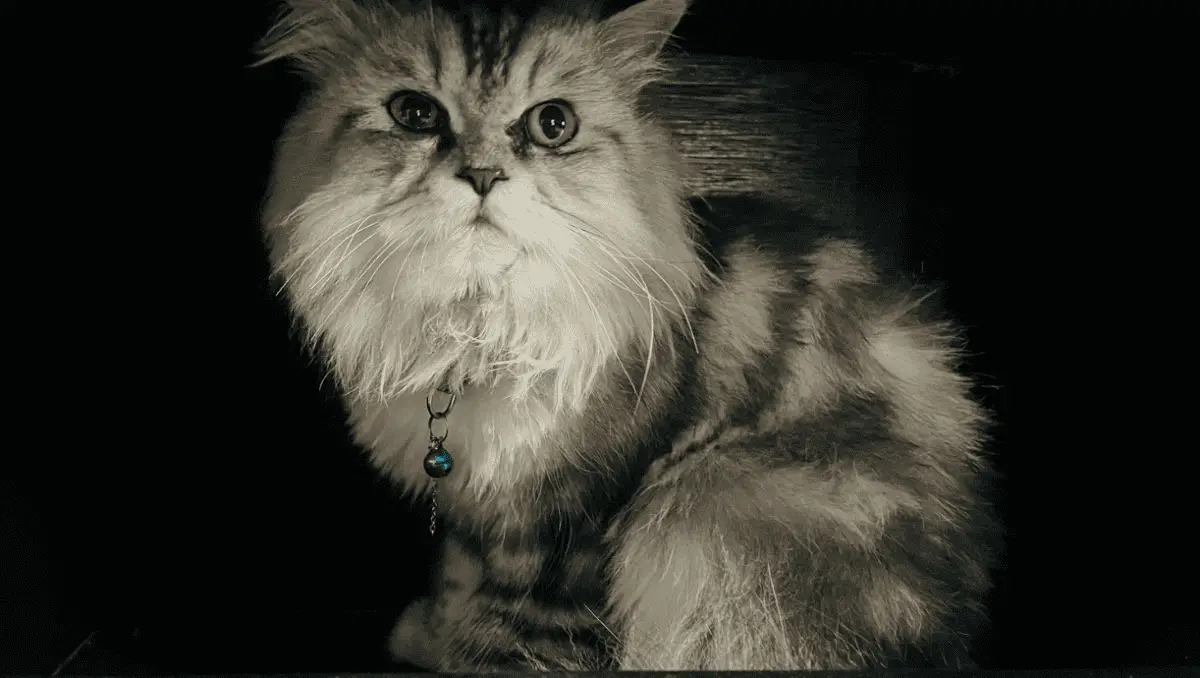

Leave a Reply